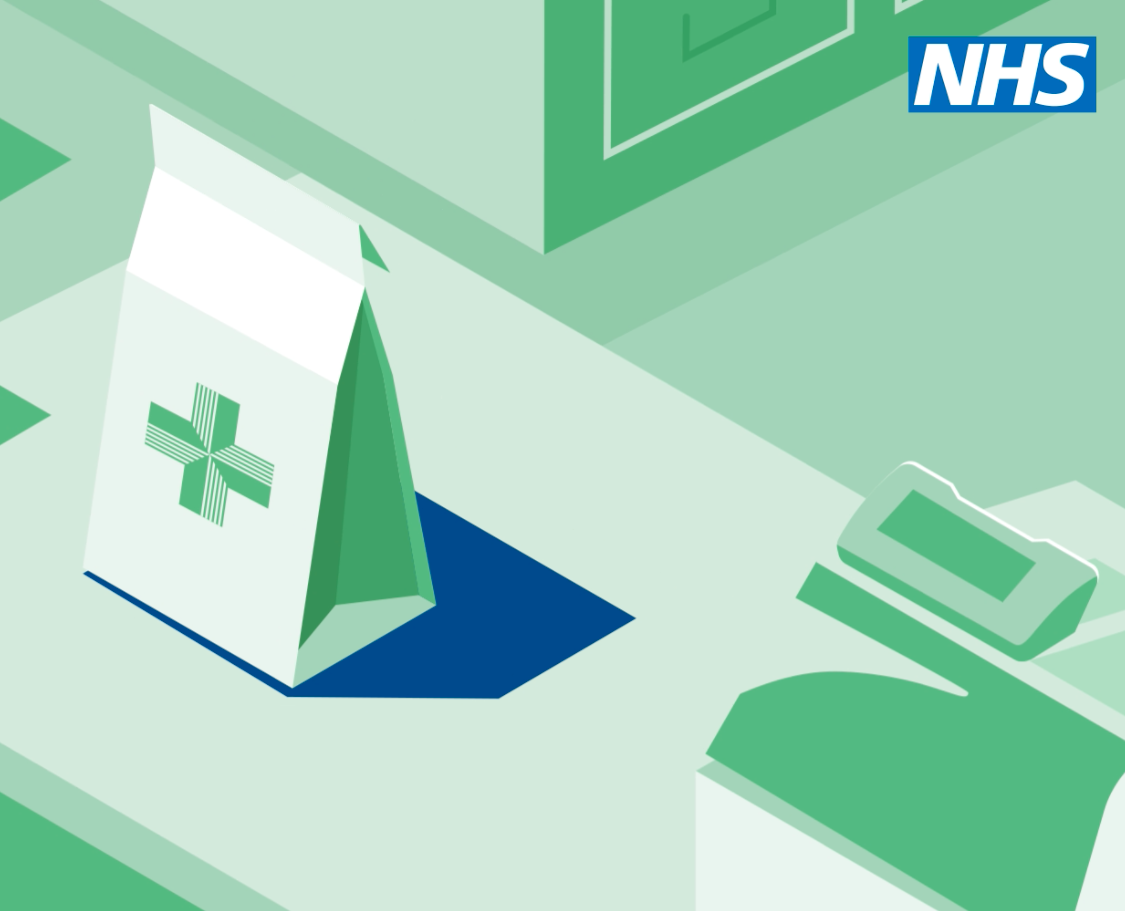Latest

NHS campaign targets incorrect free prescription claims
In Latest
Discover the latest pharmacy news with daily updates and information to keep you in the know.Bookmark
Record learning outcomes

A new campaign that encourages patients to check whether they are entitled to free prescriptions before claiming them is calling on pharmacists to help raise awareness of the issue.
As part of the ‘Check Before You Tick’ campaign, which has been launched by NHS England and the NHS Business Services Authority, patients can access a new online tool to familiarise themselves with the Government’s eligibility criteria for free prescriptions, while pharmacists will receive communications materials to help promote the initiative.
Incorrect claims for free prescriptions currently cause the NHS £256 million annually, and people who make false claims are liable to a penalty charge of up to £100 from NHSBSA, which does prescription checks each month.
NHS England chief pharmaceutical officer Keith Ridge said: “Free prescriptions ensure that at-risk groups of people get the medication they need, but it’s crucial that this support also offers best value for taxpayers. Pharmacy teams are at the frontline in helping people understand the criteria for free prescriptions, and because mistaken claims place an extra cost burden on the NHS, it’s important that patients, carers and pharmacists know how and when they can make a claim.”
Alison O’Brien, head of loss recovery services at NHSBSA said: “The NHS loses millions each year through fraudulent and incorrect claims for free prescriptions. On behalf of NHS England, NHSBSA checks claims randomly and retrospectively in order to appropriately recover funds and return them to NHS services. We encourage all patients to check their entitlement before claiming free prescriptions and our online tool provides support to understand if they are eligible.”
Who is exempt from free prescriptions?
- Under-16s
- People aged 16-18 who are in full time education
- Over-60s
- People with certain illnesses, such as diabetes mellitus, epilepsy and cancer
- Pregnant women and new mothers (a Maternity Exemption Certificate is required)
